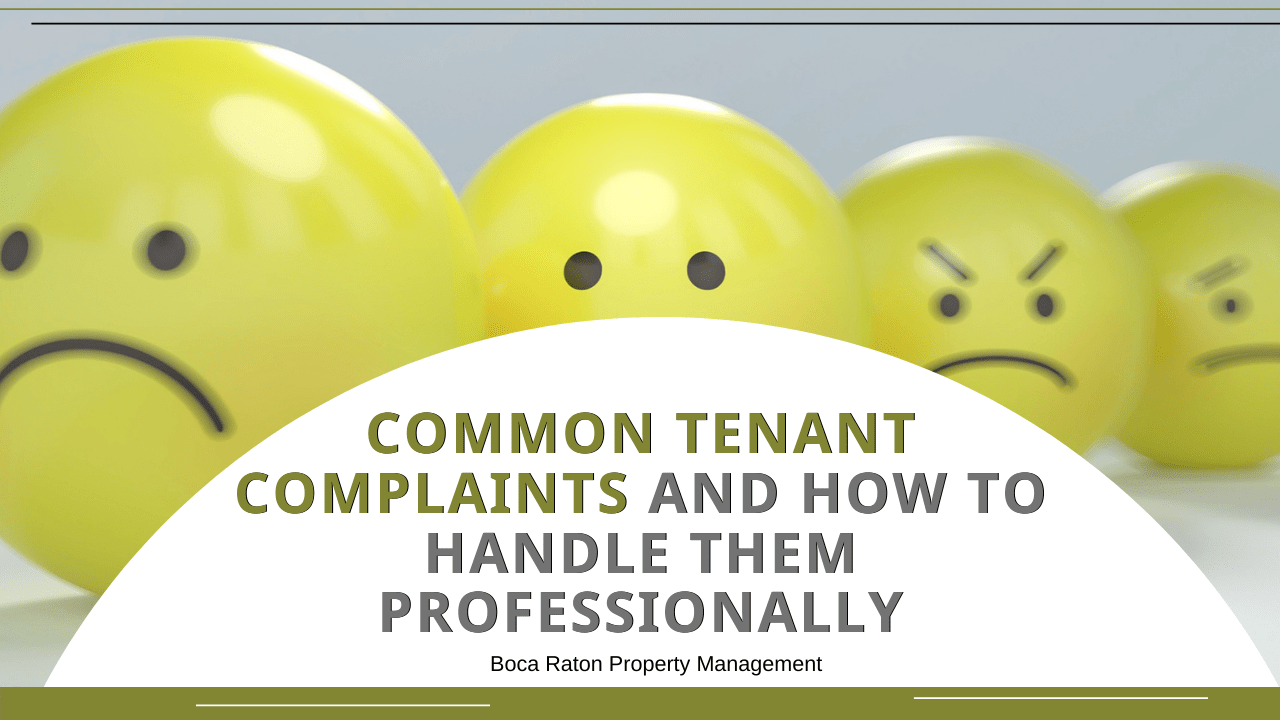Sometimes, tenant complaints are annoying, but there are also times in which what they’re saying is valid and worthy of an apology and a commitment to making things right.
Tenant complaints always require a professional response, no matter how petty or irritating you may find them. Today, we’re taking a look at some of the most common issues we see tenants struggling with, and how you can respond to them.
Maintenance Issues are IgnoredTenants don’t like to continue paying rent when there are things in their home that are broken or failing. Surely, you can understand that.
It’s important that you take every maintenance request seriously. Respond to it as soon as you can and if it’s going to take some time for you to prioritize that particular need, make sure you explain this to tenants. If you tell them why it’s going to take two weeks instead of two days, they’ll likely be understanding.
One of the main reasons tenants leave their rental property at the end of a lease term is a failure of their landlords to respond to maintenance. This is a terrible way to lose a good tenant. Take care of things that are broken or aging at the property. Not only does it prevent future complaints from tenants – it
preserves the condition of your investment.
Lack of Communication from LandlordsAnother major complaint tenants have is that they can’t get their landlords to respond to their messages or phone calls. We know you’re busy – everyone is. However, if you ignore your tenants, you run the risk of damaging your relationship. You don’t have to pick up the phone every time they call. You do have to respond when there’s a concern or they need help. Even if you can’t solve the problem yourself, direct them towards other resources or support networks that can help. Don’t leave them hanging.
Rent Increases and Hidden FeesLike you, tenants are protective of their money. They don’t want to may more than they have to for anything, including housing. When you raise the rent dramatically every year, you’re going to lose tenants. If you’re nickel and diming them and charging a separate fee for things like parking, online payments, and correspondence, you can expect complaints.
Rent increases are to be expected, but don’t chase away good tenants with unreasonable rent hikes. Make the payment of their rent easy by offering online payments, electronic transfers, and single payments instead of separate bills for rent, water, pets, and trash.
Professional Boca Raton Property Management














